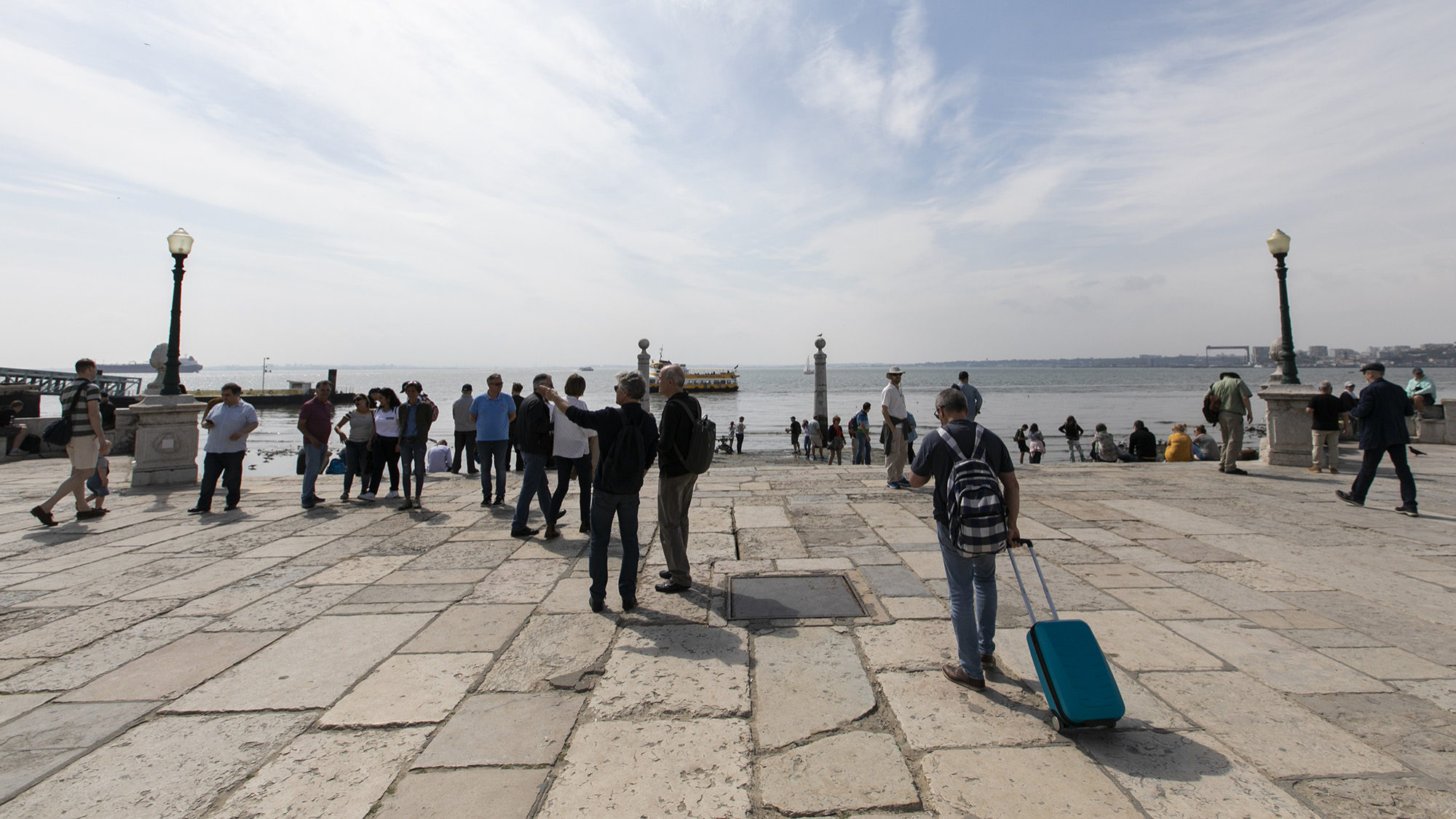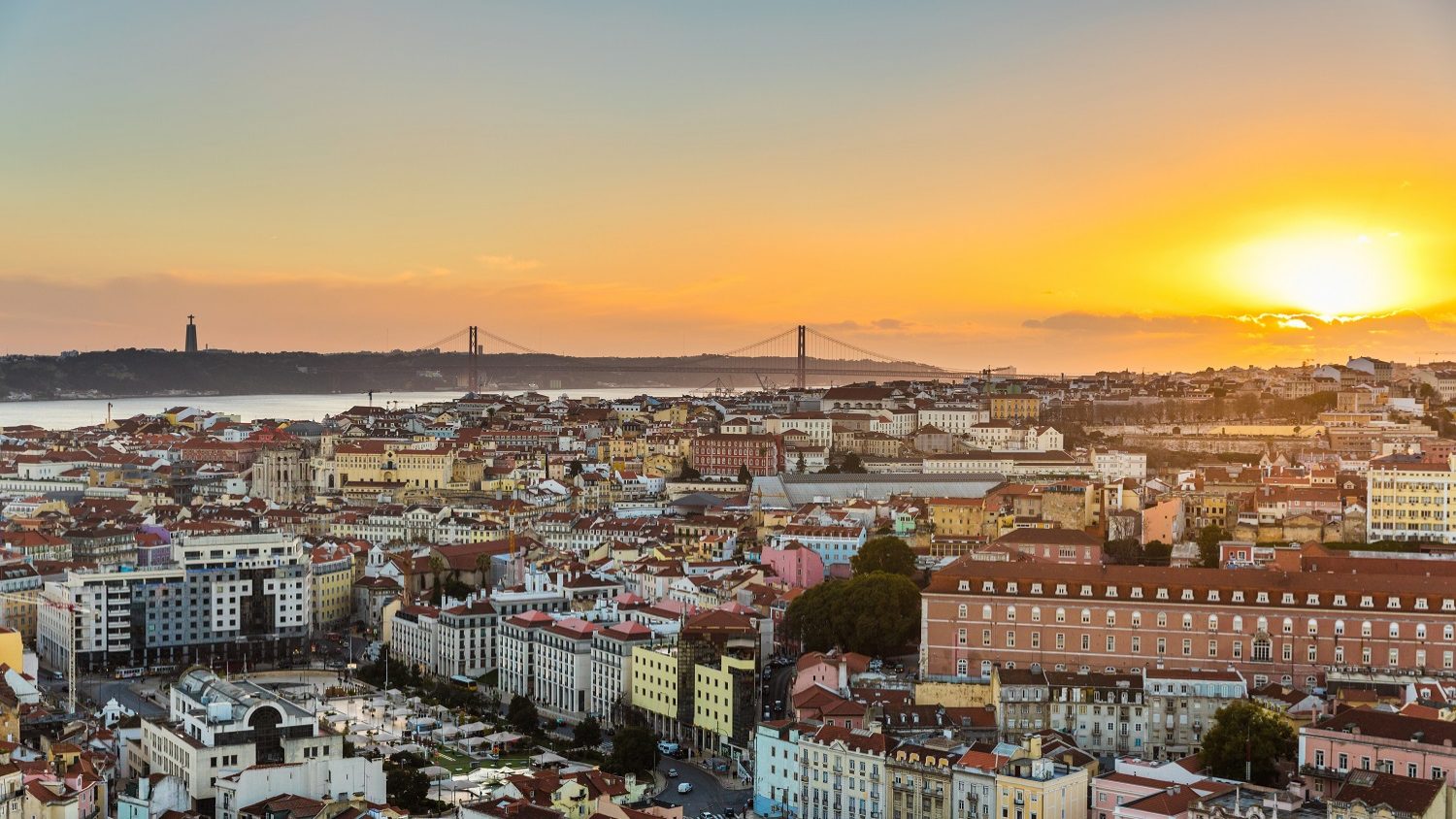Tourism to see 50% drop in turnover this year, says the government
According to the secretary of state for tourism, companies in the sector will have a 50% drop in turnover this year because of the coronavirus crisis.
Portugal’s secretary of state for tourism on Tuesday estimated that companies in the sector will have a 50% drop in turnover this year compared to 2019, due to Covid-19, and called on the Portuguese citizens to enjoy holidays in the country.
“2020 will naturally be a complicated year. On average, companies will invoice half what they did in 2019. We do not know when borders will reopen or planes take to the skies,” said Rita Marques, speaking at the opening of the second day of the virtual event “The Power of Food,” an ’emergency debate’ on the future of restaurants.
Tourism, a sector with some 130,000 businesses in Portugal, has been one of the most seriously impacted by the Covid-19 pandemic, and the January and February figures (with increases of 12% and 14% compared to the same months of 2019) showed that the country would have another extraordinary year, Rita Marques said.
In her speech, she left an appeal to everyone in Portugal, in a spirit of solidarity with professionals in the catering, hotel and tourism sectors, to enjoy holidays or even short breaks in the different regions of the country.
“The internal market will be fundamental to ensure that there can be some activity this year,” she said, admitting that the authorities do not expect great results for tourism this year.
After the declaration of the pandemic and the imposition of compulsory confinement, the concern was to implement measures that would help companies to survive.
Currently, with the announcement of the reopening of restaurants on 18 May, unfortunately, with some limitations – such as halving capacity – new measures will be needed to support businesses, which will have to invest in masks and make changes in establishments.
“Later, when the situation returns to the new normality,” the government’s strategy involves five pillars, namely investing a lot in connectivity, especially air links, considering that 70% of the 26 million tourists last year were foreigners, instilling confidence in entrepreneurs to invest in retraining and innovation, and helping to promote skills training, particularly digital skills.
Rita Marques said that this year and next will be the years of low-density territories, commenting that people will look for destinations linked to nature, in the open air, and travel in small groups, so cuisine and the big chefs can contribute an extraordinary value because they have a very authentic cuisine.
She added that it was necessary to transmit a message of confidence and hope, underlining that the public health response to the Covid-19 pandemic has placed Portugal at the top of the international trust.
“The virus has unfortunately taken many lives. Our assets – landscapes, hospitable people – were not affected. Portugal was elected the best destination in the world three times in a row. Everything that has distinguished us in the recent past is still here. There is no Covid that contaminates these assets,” she said.
Worldwide, according to an assessment by the AFP news agency, the Covid-19 pandemic has caused more than 250,000 deaths and infected more than 3.5 million people in 195 countries and territories.
In Portugal, 1,074 people have died out of 25,702 confirmed as infected, and there are 1,712 recovered cases, according to the Directorate-General for Health.
The disease is transmitted by a new coronavirus detected in late December in Wuhan, a city in central China.
To fight the pandemic, governments have sent 4.5 billion people (more than half the planet’s population) home, shut down nonessential trade and drastically reduced air traffic, paralysing entire sectors of the world economy.
Faced with a decrease in new patients in intensive care and contagion, some countries have begun to implement plans to reduce confinement and, in some cases, to alleviate various measures.


